Our History
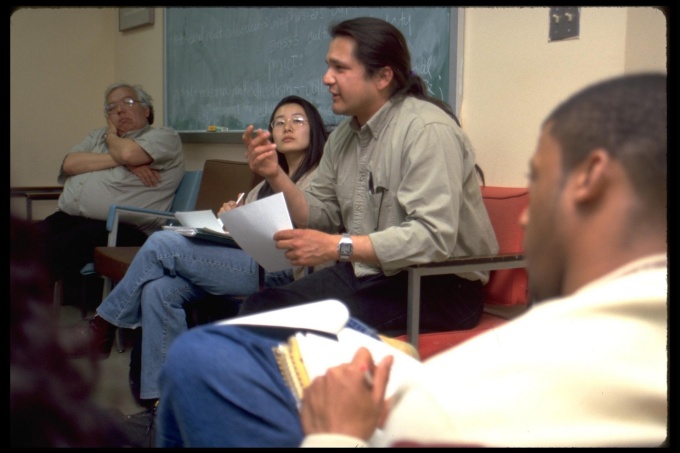
Graduate seminar led by Professor John Mohawk (Seneca), left
Indigenous Studies was established as a stand-alone department in 2020 with the support of generous funding from the Mellon Foundation's Higher Education Program. Since then, six full time faculty were hired in 2021 and four additional full-time faculty were hired in 2022 under the direction of Indigenous Studies Department Chair, Mishuana Goeman and Indigenous Inclusion Hub Director, Theresa McCarthy.
Continuing a Significant Legacy
The new Department of Indigenous Studies builds on UB’s longstanding legacy as a key location for Haudenosaunee and Indigenous studies. Founded in 1972, the original Native American Studies Program was housed within the former Department of American Studies. Native American Studies at UB grew to achieve national recognition as one of the strongest university programs in the country.
Historically, the Native American Studies at UB centered on Haudenosaunee knowledge as a lens for looking at Indigeneity in broader national and global contexts. It also drew widespread acclaim for its emphasis on the transformative potential of grassroots-oriented activist scholarship and research. For decades many individuals have come to study at UB because they value and respect the positioning of Native Studies here. At UB anchoring the focus on the culture of the lands upon which a university operates has always been important to our programming at UB.
Building upon a 50-year tradition at UB
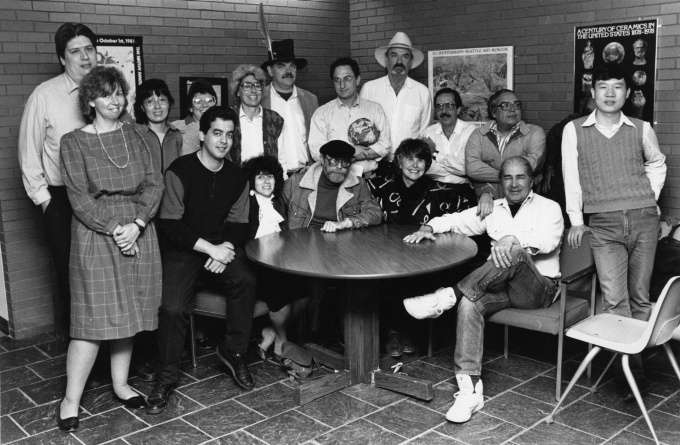
UB American Studies faculty, 1987
The Department of Indigenous Studies will build on UB’s prior reputation in Native American Studies, specifically Haudenosaunee Studies. The strength of this program is attributed to the legacies of Haudenosaunee scholars, activists, and educators.
Indigenous scholars in UB's program have distinguished themselves as dedicated participants and spokespeople in Native rights and liberation movements across Canada and the U.S., including the occupation at Wounded Knee, the Trail of Broken Treaties, and the Oka Crisis. Haudenosaunee faculty in this program also became leading advocates for the rights of Indigenous peoples worldwide, as well as for environmental and reproductive justice. The new department seeks to extend the impact of this legacy and the work of our former facutly.
For more information on this legacy and individuals, see the Haudenosaunee Archive, Resource and Knowledge Portal (HARK), a public facing digital archive and infrastructure project currently funded by the Mellon Foundations Public Knowledge Program. We are working on archiving and sharing the vast history of the program and it's far-reaching influence that it has had on many throughout the years.
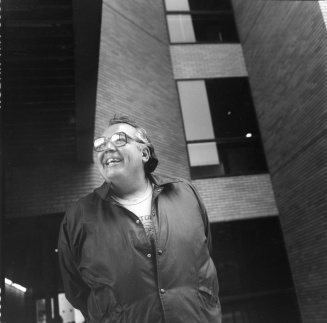
The late Professor John Mohawk (Seneca)
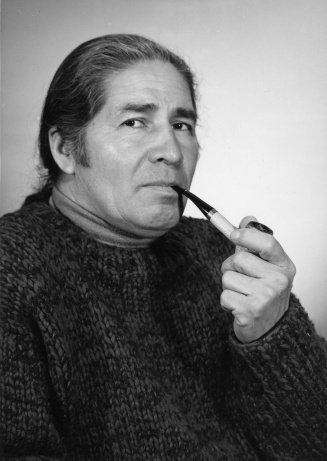
American Studies Professor Oren Lyons, 1978
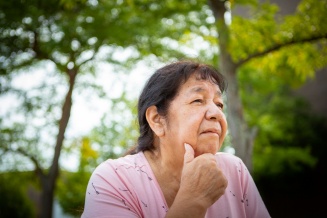
American Studies Professor Marilyn Schindler (Seneca)
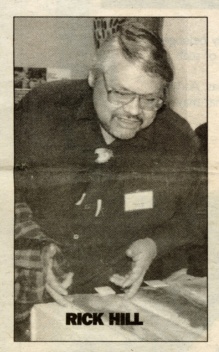
American Studies Professor Rick Hill (Tuscarora)
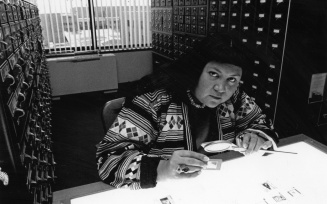
American Studies alumna and Professor of Art History, Jolene Rickard (Tuscarora)
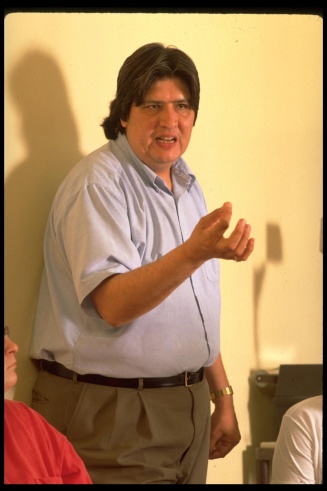
American Studies Professor Barry White
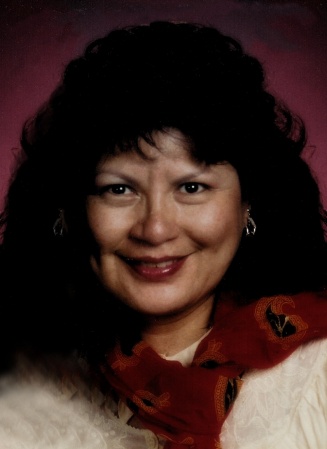
American Studies Professor Yvonne Dion-Buffalo (Cree)
